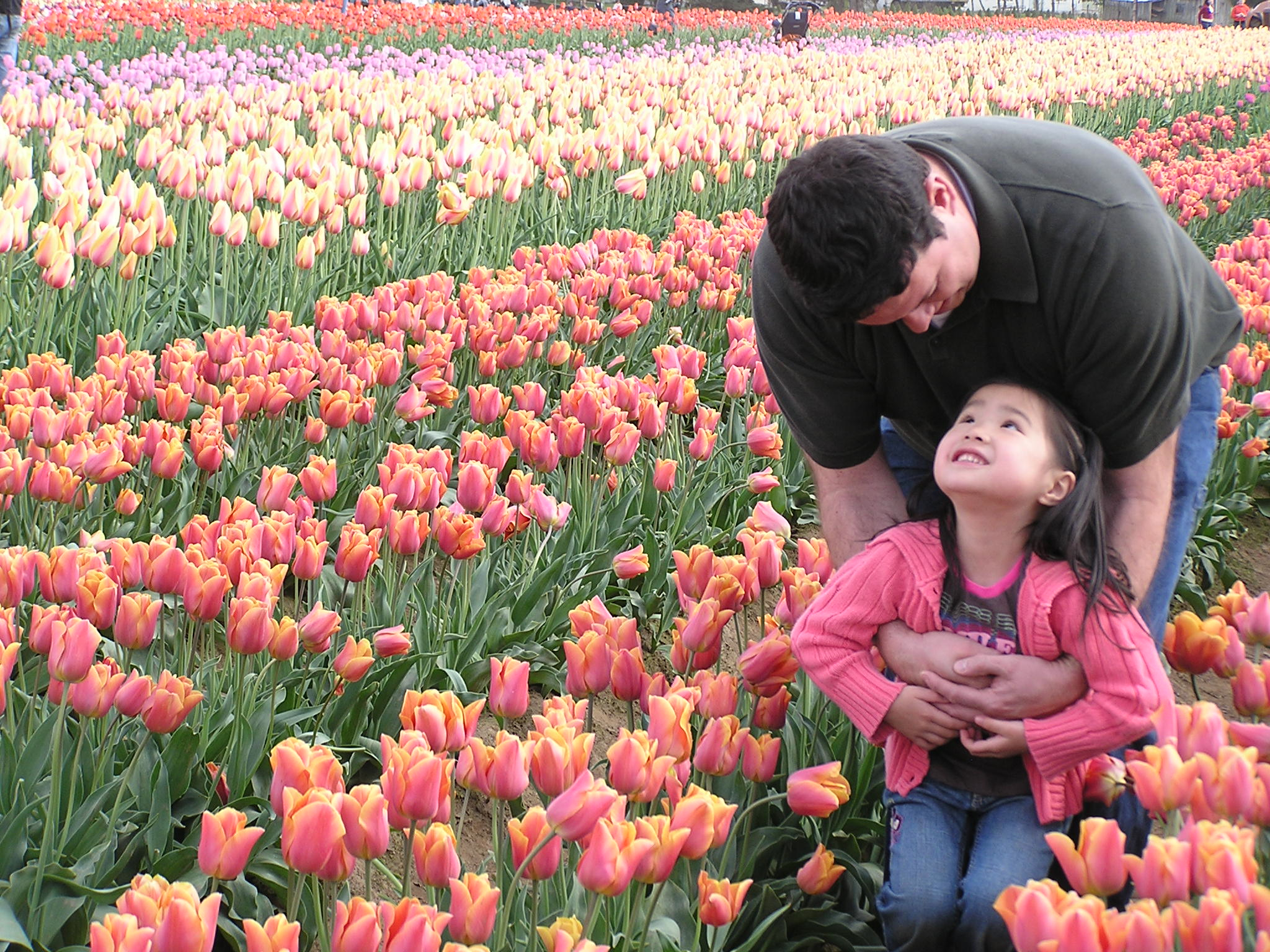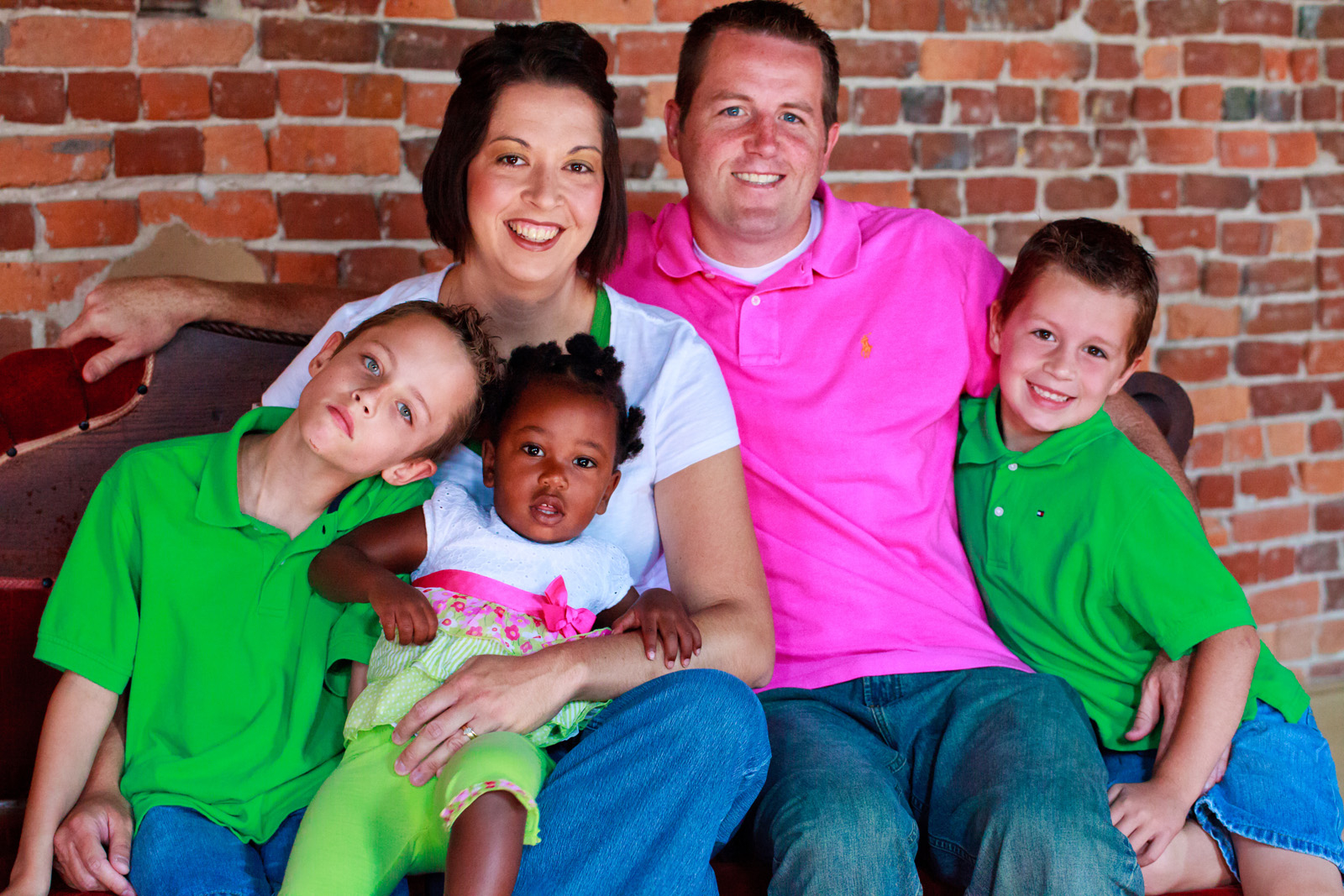In recent years, Post Adoption Services has seen an increase in the number of Adoptive Parents inquiring about Birth Parent search on behalf of their child. As a response to this rising trend, we thought we would share with you an article written by Susan Soonkeum Cox, Vice President Policy & External Affairs. Adoptive Families magazine asked Susan to respond to a letter that was written to them by an Adoptive Mother seeking advice on searching for her child’s birth parents. Before you jump to conclusions and think “I simply want what’s best for my child” or “I would never search for reasons like these”, the addition of this article is simply meant to give you pause and consider the motivation for search; is it driven by your child’s curiosity or what you think your child wants?
AFA birth search response
By Susan SoonKeum Cox
When I first read the letter from the adoptive mother wondering if she should contact her son’s birthmother in Korea, I was struck by what seemed to be conflicting motivations on her part. As I re-read the letter several times, I became increasingly uncomfortable about the tone and the underlying reason for the question.
It is natural that adoptive parents wonder about the birth family of their adopted child, and the circumstances that led to the need for adoption. These are the same wonderings that adoptees also experience. The intensity and urgency that adoptees feel in terms of accessing information about themselves is a highly individual process. It is also a process that may emerge and change throughout the adoptee’s life.
I was troubled by the language, “…we are filled with wonder about his genetic heritage. Were his birthparents intelligent? Were they musically inclined? Strong and athletic?” It seems these questions to the birthmother have little to do with her needs, but rather the desires of the adoptive parents. Reading between the lines, it seemed that their son’s ‘genetic history’ was really about his potential talent and ability.
If the birth mother responded that she and the birthfather were exceptionally intelligent, musically gifted, superb athletes, would that somehow influence their feelings about their son? If they learned the birthparents ‘genetic history’ measured low and marginal on the richter scale of ability and talent, would that also influence their expectations and their feelings? Is their relationship with him to be affected by these answers? Will it influence how they feel about the birth parents? If the answer is yes, it is an absolute that as he matures, their feelings will be transferred to their son and likely influence his own feelings about his birth parents.
Perhaps the most alarming was the revelation, ‘my husband thinks I am opening a can of worms, initiating contact may lead to ongoing contact we do not want.” The suggested solution of going through a friend with an out of state address can only be viewed as establishing a pattern of deception and untruths, and an attitude of fear and disrespect toward the birth mother.
This letter seemed to represent an unhealthy attitude toward birth parents, and expectations of the adopted child. I would not want to be in the parent’s position of explaining this to their son when he is a teenager or young adult.
I reviewed this letter with several other adoptees. Without exception, the response was negative and protective of the adopted child and his birth parents. The strongest reaction “If they don’t get a positive report, what will they do-send him back?”
I do not want to be overly critical of this adoptive parents inquiry, and do not question the sincerity that her son is the ‘joy of their lives.’ For some families, intercountry adoption represented the opportunity to adopt without having to consider the reality of birth parents. However, adoption from Korea has evolved dramatically and more and more searches are resulting in reunions. This is a wonderful step forward, and in my experience most adoptive families, and certainly adoptees view it in that light.
For adoptees, the most fundamental decisions which define where and who they will be, are determined by others. That is of course both necessary and appropriate, it is also how I come to my strongly held view that regarding the choice of search and exploration of identity belongs to the adoptee, not the adoptive parents.


